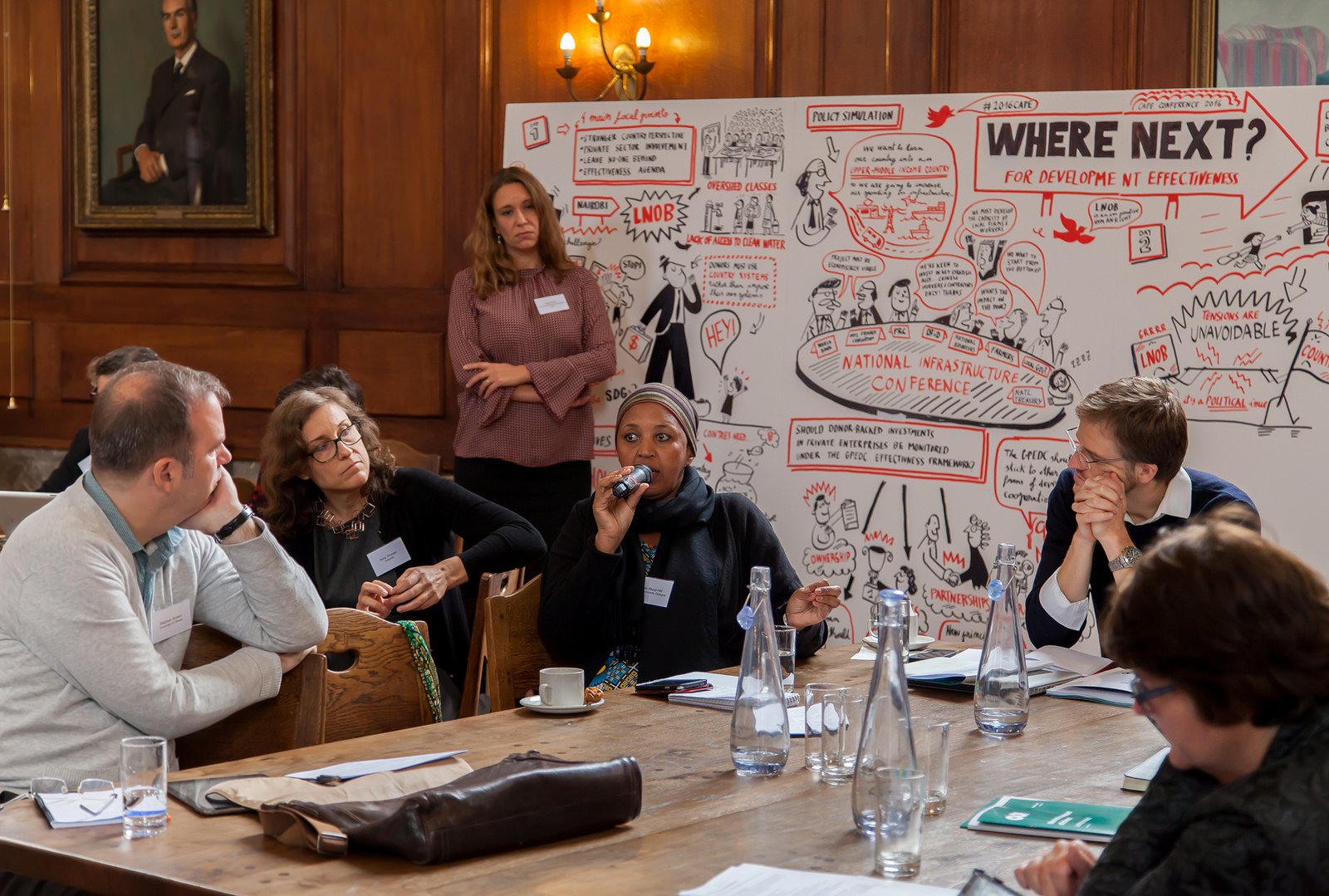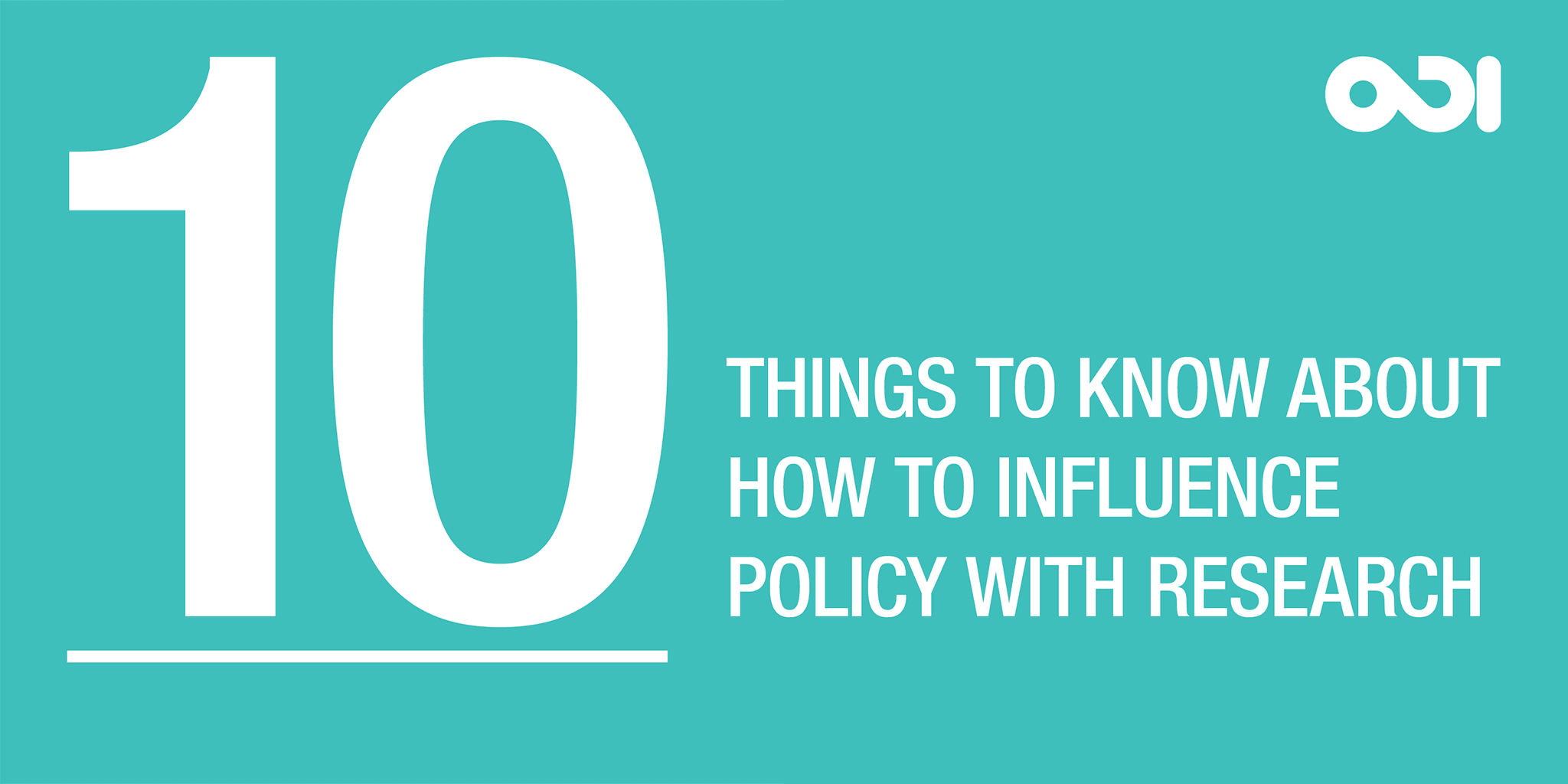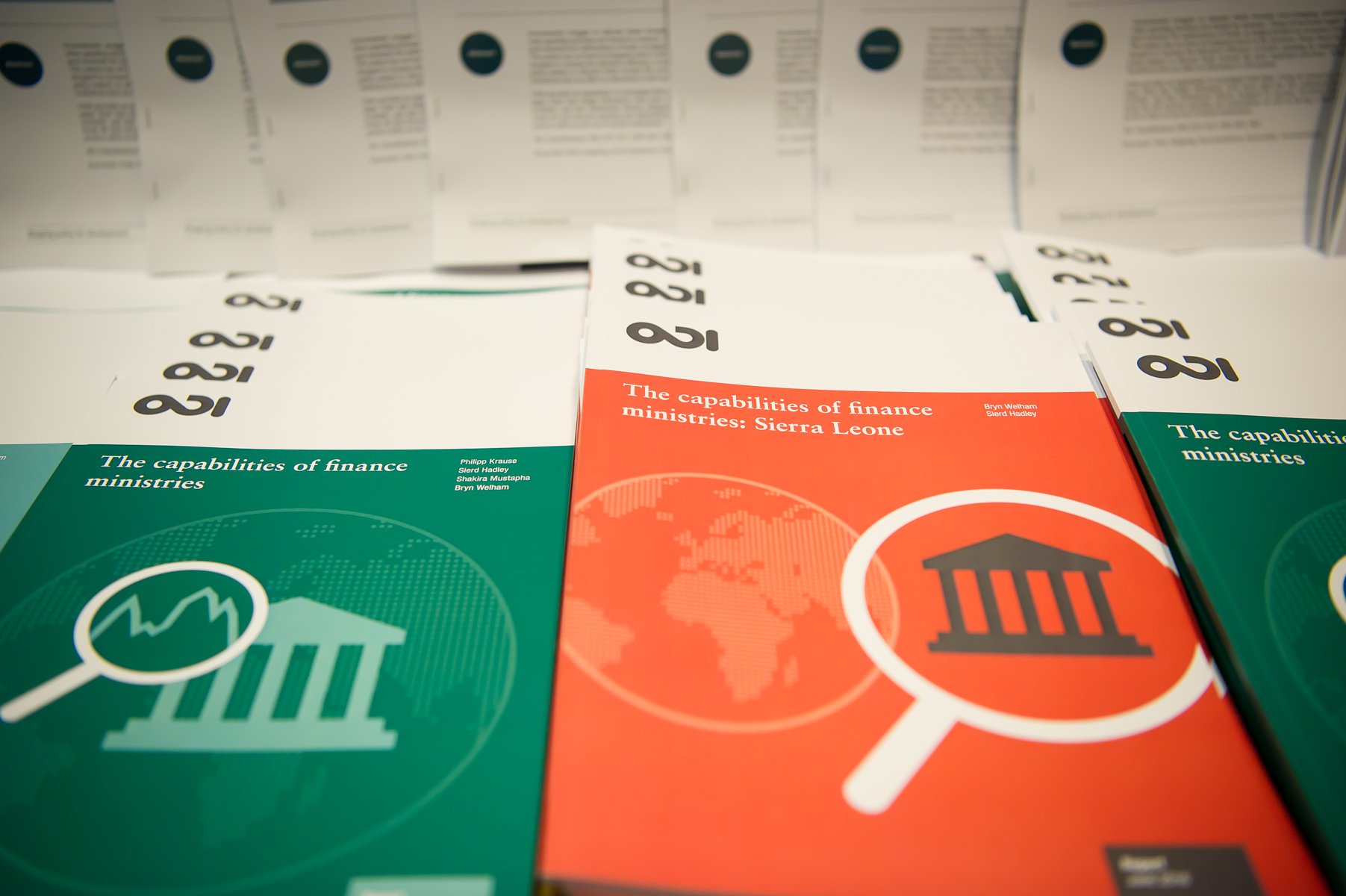Well-functioning institutions are crucial to development effectiveness. We advise local, national and global institutions on how to better serve the world’s poorest people.
Steering the Doing Development Differently agenda
In March 2017, we welcomed Rory Stewart, the Minister of State for International Development, to ODI for a high-level and engaging debate on ‘What institutions do countries really need?’ At the event, we launched Putting theory into practice: how DFID is doing development differently and shared key insights from this programme of work.
We have documented efforts in key institutions too. The lessons learned from a recent pilot in the World Bank’s Nigeria country portfolio have made an important contribution to future institutional reform opportunities.
ODI’s leading reputation in this area was reflected in the latest World Bank Development Report and DFID’s new economic development strategy, which adopted the ‘doing development differently’ language and principles. We are increasingly involved in embedding expertise and providing advisory support to development organisations wanting to adopt these new ways of working, and we are setting the agenda around why and how to change practice.
Reshaping development effectiveness
Development effectiveness is the ‘how’ of the Sustainable Development Goals (SDGs). The Global Partnership for Effective Development Cooperation (GPEDC) is the single global platform through which all providers and recipients come together to ensure development cooperation has the maximum impact.
Ahead of GPEDC meeting in Nairobi, ODI hosted the ‘Where next for development effectiveness’ conference. We brought together ministers and officials from Malawi, Mexico, Kenya, Cambodia and key stakeholders from multilateral institutions, the private sector, civil society and the research community, to build consensus for a new development effectiveness agenda for the SDG era.
The final Nairobi Outcome Document from GPEDC reflected many of the ideas and recommendations from the ODI conference, especially on leave no one behind, fragile states, country ownership, and data and accountability. It will form a central part of the GPEDC Co-Chairs and Steering Committee work on implementation in the next year, and underpin the future direction of development cooperation in achieving the SDGs.
Using research and evidence effectively
ODI’s programmes continue work to support governments and donors in maximising the impact of evidence and research.
10 things to know about how to influence policy with research laid out the different ways in which good evidence can be used to inform local, national and international decision-making. This short briefing was well-received: ‘Love the 10 things to know about how to influence policy with research. Have been using it with [the] team here to get thoughts together’ – Maurice Sadlier, Assistant Director, Mary Robinson Foundation – Climate Justice.
In Ghana, South Africa and Zimbabwe, our work through the VakaYiko Consortium has strengthened country capacities for using research evidence: ‘The VakaYiko programme enabled me and other colleagues to take a step back and reflect on the evidence systems and processes in the department’ – Mapula Tshangela, Senior Policy Advisor at the South Africa Department of Environmental Affairs.
On the donor side, the ODI Future Development Agencies programme is helping agencies to prepare for future challenges. A major conference, ‘Building resilient development agencies’, brought together senior directors of development ministries and agencies, and leading thinkers and strategists on institutional change, to share perspectives on how to plan and organise development cooperation over the next decades.
Supporting finance ministries
Our long-standing Budget Strengthening Initiative (BSI) has seen work come to fruition in finance ministries in Liberia, Uganda and Sierra Leone. In such fragile and conflict-affected countries, BSI provides invaluable confidential and independent support at government level.
In June, the Chief Secretary of HM Treasury hosted the launch of ODI’s multi-country research project: The capabilities of finance ministries. This was a major piece of research that reviewed the capability of finance ministries in the UK, Germany, South Africa, Nepal, Mexico, Uganda and Sierra Leone. The report pushed back against the relatively simple model that donors use to support institutional reforms, which currently ignores the many factors that influence the capability of finance ministries. This research will lay the groundwork for more appropriate and effective reforms in the future.


